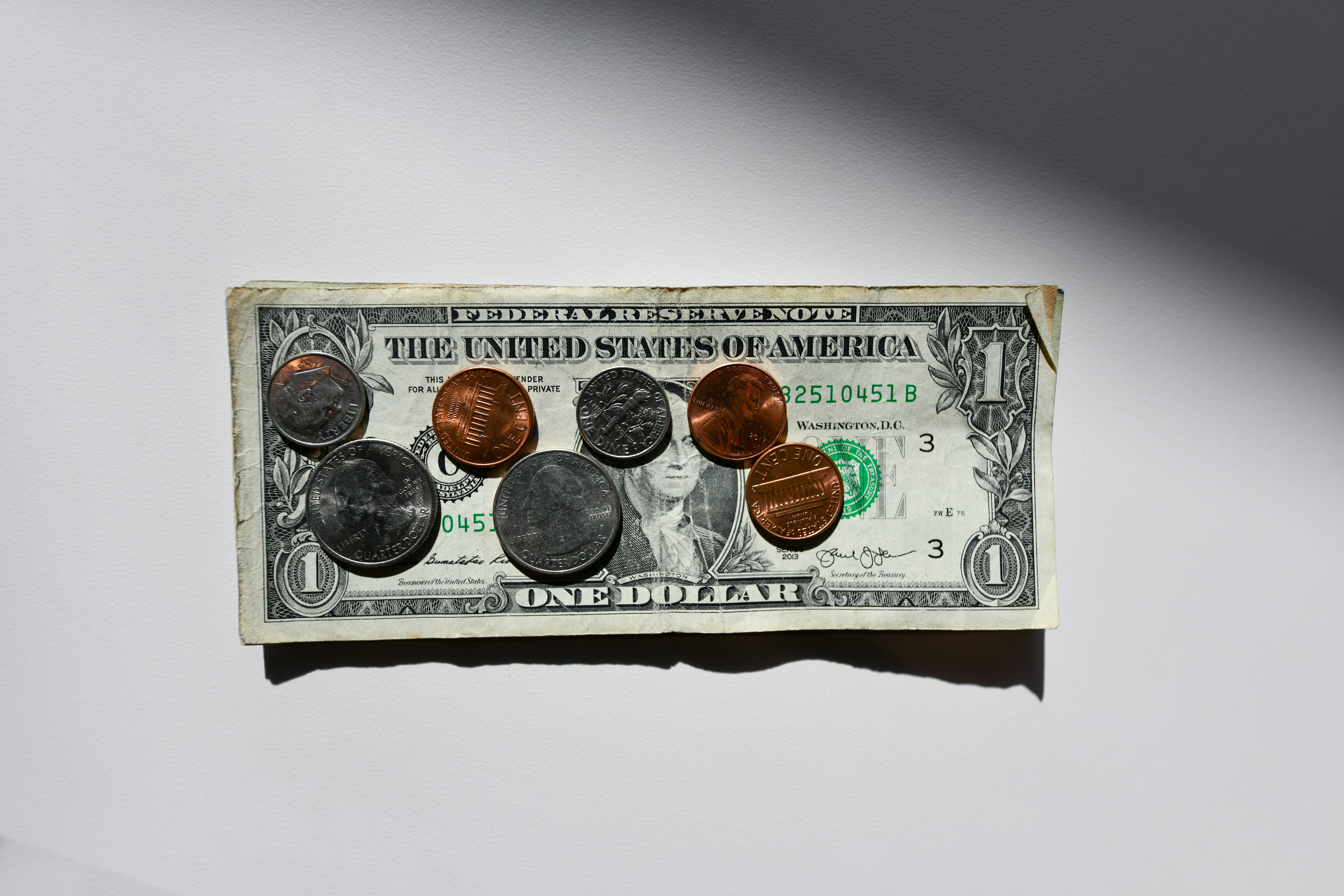It looks like tariffs – or at least the looming possibility of tariffs – are here to stay. But how do they work? And how can tariffs affect car prices?
Let’s take a quick look at everything you need to know about car tariffs: meaning, how they work, and what to expect if you’re hoping to purchase or repair a vehicle.
All About Car Tariffs (and How They Could Affect You)
Let’s start with the basics.
What are tariffs?
You may have heard the word a lot lately, but what exactly does “tariff” mean?
The simplest explanation is this: a tariff is a tax that is charged on something when it is imported.
Think of it like the sales tax on a purchase when you check out at a store. It’s typically a percent of the total you’ve already paid on top of your bill. This money goes, as a tax, to the government.
Here’s a practical example of how tariffs work.
For example, let’s say you’re a ketchup maker. You live in Kentucky, and cook and bottle your ketchup in Kentucky, but you buy your tomatoes from Italy.
You buy your tomatoes from the person that grows them in Italy, then pay to have them shipped to Kentucky.
Once your tomatoes arrive in the United States, they’re inspected to make sure they’re safe and legal, and at the same time, you, the ketchup maker who imported them, would pay any required tariffs to the customs officers at the port. See? Just like a tax at check out.
Tariffs can be applied by a government in different ways.
You can tariff a specific item, items to do with a specific industry, or items from a specific place. They can be broad, blanket tariffs – for example, “all goods from Italy will be tariffed at 15%” – or more complicated and targeted. For example, you could have a rule where, after $1 billion worth of Italian tomatoes have been imported by everyone in the US who imports Italian tomatoes, the tariff percent goes up from 15% to 30%.
Worried about rising prices?
Here’s one price that doesn’t have to go up: your monthly car payment. Most people are overpaying on their vehicle loan. Auto Approve can help.
Get a free quote to see how much you could save.

What makes tariffs good or bad?
Tariffs themselves are not inherently good or bad. Every country has tariffs on some goods.
They can be applied to protect a specific industry – say New Jersey tomatoes were suffering because too many people were importing Italian tomatoes, adding a tax on Italian tomatoes might make it easier for New Jersey tomatoes to get more business. Italian tomatoes would become more expensive. You, as a ketchup maker, might pivot to New Jersey tomatoes to keep your prices the same. If enough people do this, New Jersey tomato farmers will have a more stable industry, and ideally, it’ll have a positive effect on their local and national economy.
On the other hand, tariffs can cause problems for importers and consumers.
Maybe you’re not willing to change your ingredients and choose instead to raise your prices. Maybe New Jersey tomatoes are more expensive than your Italian ones were. Or, having less competition, New Jersey producers might choose to raise their prices. Situations like these can mean tough decisions for people who make products that use imported goods, and higher prices for consumers.
Similarly, say you can get your tomatoes from New Jersey for a better price (yay!), but your ketchup is packaged in Canadian aluminum bottles, and there are no aluminum bottle makers in all of the United States that can make your bottle. The aluminum comes from Canada and there’s no aluminum here to be had. What then? Do you change your packaging and your ingredients all at once? Look for ways to cut costs elsewhere, or simply raise your prices?
This is why tariffs are usually used in a targeted way – to avoid hurting companies working inside of a country that have to pay them and to keep consumer prices from soaring.
How tariffs affect American car prices
With all of that out of the way, what does all of this have to do with cars? Well, right now, there are new tariffs being imposed on internationally-made vehicles and auto parts, plus some of the materials used to make vehicles.
Will car prices go up due to tariffs?
These new tariffs mean it’s likely that consumer costs will go up across the board in the auto industry. Here’s why:
Because foreign cars and car parts will simply be more expensive to import
Because not all car parts or materials have domestic replacements available
It’s easy to see why foreign cars will likely be more expensive. Since the vehicles are manufactured elsewhere, there’s no way to dodge the tariffs by changing to an American supplier. While a motivated company could choose to open an American plant, time and cost to start manufacturing in a new country and source domestic labor, space, parts, and materials might outweigh the benefits, versus simply attaching a higher price tag.
But what about American-made cars and trucks?
Very few, if any, vehicles are made entirely in America with American parts made from American vehicles. It is common for vehicles to have some parts made or manufacturing done in other countries, and materials like steel may be imported, either in their raw or ready-to-use form.
Batteries for electric cars, for example, start with raw materials gathered from all over the world, like cobalt from the Democratic Republic of the Congo, nickel from Australia, and lithium from Argentina, and then are often manufactured in China before being shipped to the United States.
Closer to home, auto manufacturing has crossed the border between Michigan and nearby Ontario, Canada, since the car was in its infancy. In 1904, 117 Ford Model Cs were produced in Walkerville, Ontario. General Motors – the Detroit-based manufacturing company that makes Chevrolets, Buicks, and Cadillacs, purchased one of Canada’s early domestic auto brands and used it to found General Motors of Canada in 1918, which is still the company’s Canadian subsidiary.
There has hardly been a time when American auto manufacturing was not a cross-border affair – so it’s no surprise that there are still factories making different auto parts or performing assembly on either side of the US-Canada border. That means that tariffs on Canadian-made auto parts may well affect even familiar American automakers.
Do tariffs affect car repairs?
They can! If you need a replacement part, your costs may go up if that part or the materials used to make it come from somewhere else. If you’re just getting routine check-ups or happen to need something domestically produced, you should be in the clear.
That said, not everyone will pass every cost increase directly onto the consumer purchasing that particle part or vehicle. Some may choose to raise all prices a little bit instead of some prices drastically to help spread out the tax burden. How each company or person in the supply chain chooses to handle changes will make a difference for if, how, and when the end consumer is affected.

How to save money under new car tariffs
This might make it sound like costs will skyrocket, but there are things you can do to limit how much you feel these changes.
First, you can choose to buy American wherever possible – or at least weigh the cost differential and any pros and cons of your options, whether you’re thinking about a new car or just purchasing new tires. While many American-made vehicles will still see some price increase, it’ll likely be less than what you’ll see on vehicles entirely manufactured abroad.
Second, you can choose to focus on repairing your vehicle instead of replacing it. While a 25% tariff on a car part might raise its price, 25% of $200 is only a $50 increase, while a 25% tariff on a whole car could be tens of thousands of dollars. If you have the option to hold off and see how things shake out, you can ensure you get the best vehicle for your needs and budget.
Be Prepared For How Tariffs May Affect Cars
Now you know the basics of how tariffs work and why vehicle costs may be affected. However, in the end, the future can’t be perfectly predicted.
Car tariffs are coming into place, but they may ultimately be changed or fine tuned in reaction to the market and industry. These tariffs may not have the predicted effects, depending on a variety of factors. But being prepared for a possible rise in cost is only prudent as the U.S. tariffs cars.
Get the best auto loan for your budget
Prices may rise and fall, but getting a better deal on your car payment by refinancing with Auto Approve is just about always a good idea. Discover whether you’re eligible for a lower monthly payment in a few clicks – no commitment required.